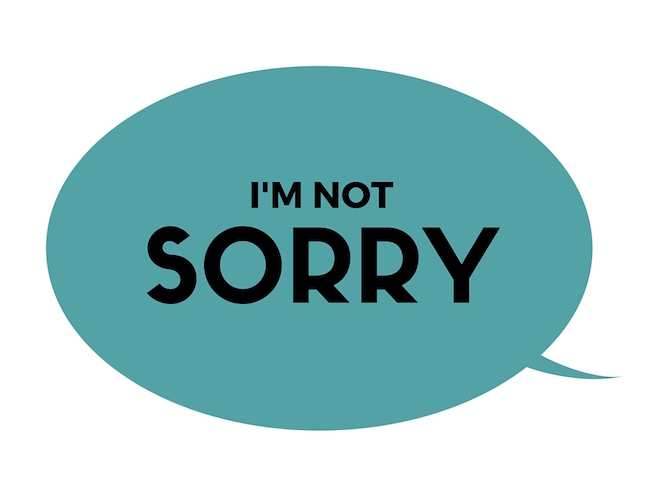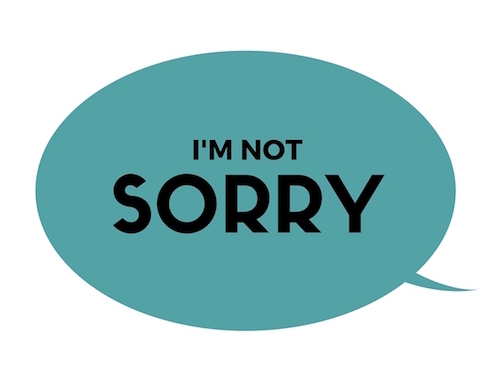
 In My Concerns About Saying “I’m Sorry I…” (Part 1), you so graciously let me air my opinion about why we should be teaching children manners and how to function in society, instead of teaching them how to act anyway they want. And, if they are caught, to simply use their get out of jail free card and say “I’m sorry I….”
In My Concerns About Saying “I’m Sorry I…” (Part 1), you so graciously let me air my opinion about why we should be teaching children manners and how to function in society, instead of teaching them how to act anyway they want. And, if they are caught, to simply use their get out of jail free card and say “I’m sorry I….”
Again, I offer you my opinions and hope that I spark an interest in you to look at things differently and to make the best choices for yourself. I have no desire to change you or your belief systems, I am only here to guide if you are looking for change.
I want to look at the following passage from Part 1:
Even more interesting is the statement “I’m sorry I…” Let’s expand on this and look at I’m sorry I took your toy (a very common way a parent would make a child apologize to another child). Sorry is an adjective but the only noun for it to modify is I (toy goes with the verb took). If sorry is being used to modify I that leaves you with I am distressful, poor, pitiful, unfortunate, tragic, sorrowful, wretched, and useless. WTF?
Our minds so wonderfully stay the course and carry out the programming we give it. The thing is, most of what is programmed into our minds isn’t what we wanted or want, but what others wanted for us. These are our belief systems and for something like 94% of our day, we function from these belief systems (basically on auto pilot, if you will). Most of us don’t even know how or why we believe what we do beyond “that’s what I have always done” or “that’s what I was taught.”
As children, we are immature (not fully developed), and therefore have very little control over the information going in or the links being made in our minds. Around the same time we are teaching children to say “I’m sorry I…,” they are also learning how our language works. They are learning about adjectives, nouns, verbs, adverbs and what the agreed upon definition of words are and how we use them to communicate effectively. So what gets programmed and linked up is the fact that “…I took your toy” is a statement and “I” am the definition of sorry, since sorry is the adjective modifying the noun I. Yuck. But the child does not really know yuck yet since they are still being taught to separate, compare and judge (BTW – double yuck!), so the programming and links simply happen without any question, without any thought.
So as adults, we don’t have the skills of manners and proper ways of treating fellow human beings (we were simply taught to say “I’m sorry I…”), nor do we have a healthy relationship with following our desires, making innocent blunders and having the ability to make corrections lovingly and compassionately (with feelings more so than words). And we have a self image that stinks because every time we find ourselves blindly following our belief system and saying “I’m sorry I…,” we are reminded that it means I am distressful, poor, pitiful, unfortunate, tragic, sorrowful, wretched and useless.
I encourage you to think about the little things and what is actually happening when we shrug them off as little things. Before you know it, you got a big thing that has a mind of it’s own. Stop saying “I’m sorry” and start learning how to be the person that never has to feel sorry for the things you do and desire.





Hi Kim, very different yet right perspective. We dont pay attention to small but very impactful things we teach our children which are making significant difference in building their personality.
The little things quickly become big things. Thank you for your comment.